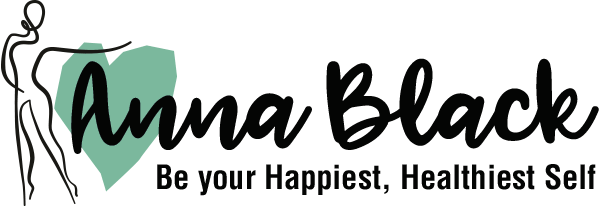A study known as the American Gut project, has found that eating 30+ different types of plant food per week promotes a more diverse microbiome (all the good bacteria in your gut). But why is a healthy gut important?
Firstly, it has been shown to improve mood (the gut/brain axis) with a happy gut informing the brain that the body is fine and not stressed. Secondly it helps a woman’s hormone balance through excretion of excess oestrogen. Thirdly it can aid constipation through fibre intake helping the digestive system And finally an amazing stat is that 90% of the happy hormone seratonin is made in the gut. So if the gut is working optimally then it can surely make you feel happier and healthier.
As every plant has it’s own profile and does something different for your body variety is key – so whilst broccoli has superfood characteristics from it’s non soluble fibrous properties, to it’s anti oxidant characteristics bringing down inflammation, to it’s wide range of systemic vitamins and iron, just eating broccoli is not really enough. It’s also worth eating the actual whole food rather than a supplement to ensure you benefit from the fibre as well.
So to optimise your intake go for a variety of colours using the top level idea of the rainbow diet – red for your heart, orange/yellow for eyes and immunity, green for antioxidants and fighting sickness, blue and purple for heart and brain, white for energy, as well as many other micronutrients – or go through the alphabet. Don’t forget your spices (oregano, turmeric with black pepper, cayenne pepper, ginger) which can act as prebiotics (the fertiliser for the probioitics/good bacteria) wholegrains, pulses, nuts and seeds. So, to reach 30 you can make a smoothie, add fruits and berries to cereal, put some nuts and beetroot in your salad, and generally add a handful of something to every meal! A list below can start you off, but is by no means an exhaustive one.
Fruits – apples, avocadoes, bananas, blueberries, blackcurrants, melon, cherries, figs, grapes, lemon, lime, mango, peaches, pears, pineapple, plums, raspberries, redcurrants, rhubarb, strawberries, watermelon
Vegetables – Artichoke, asparagus, aubergines, beetroot, broccoli, cabbage, carrots, celery, cucumber, courgette, green beans, kale, leeks, lettuce, mushrooms, onions, peppers, radishes, spring greens, spring onions, squash, sweetcorn, sweet potato, turnips, tomatoes, spinach
Wholegrains – buckwheat, bulgar wheat, wholegrain and wild rice, wholewheat pasta, bread, oats
Nuts and Seeds – almonds, brazil nuts (great for seratonin), hazelnuts, cashew, pistachio, flaxseeds (a real superseed), pumpkin seeds, sunflower
Pulses – Edamame, Baked beans, butter beans, cannellini beans, chickpeas, kidney beans, lentils
Herbs and Spices – Basil, parsley, coriander, chives, Cinnamon, chilli powder, cumin, garlic, ginger, nutmeg, oregano, paprika, parsley, pepper, rosemary, thyme and turmeric (more effective if with black pepper).
NB I am not a nutritionist and if you have any contraindications it’s always worth checking with your gp
